
When Waimakariri Libraries backs a bird for Bird of the Year, you can bet we are on Team Ngutu Pare.
Ngutu pare, or wrybills, make their home along the banks of Waitaha’s braided rivers. They are small birds with distinctive curved bills that they use to dig under rocks for kai. River goers need to be careful where they place their feet lest they accidentally crush wee ngutu pare’s eggs, which are tricky to spot amongst the rocks. Without that awareness they could damage these special taonga.
Ngutu pare (or ngutu parore) is the subject of one of two picture books written and illustrated with funding from the New Zealand Libraries Partnership Programme (NZLPP). The project aims to bring local stories to life in partnership with manawhenua.
The two stories, one featuring ngutu pare and the other the kōwaro, or Canterbury mudfish, are written by Lynne Te Aika, chair of the Tuahiwi Education Committee, and illustrated by local artist Morgan Matthews Hale of Kaitiaki Studios. Te Reo Māori and English versions of each story are being produced.
Working with sensitivity and respect for Te Ao Māori and sensitivities pertaining to the Wai 262 claim have been front of mind throughout this mahi. The Te Reo Māori versions use the Kāi Tahu dialect, and both stories reflect information readily available in the public domain, rather than stories that would require higher iwi consultation and approval to share, such as those of local historical knowledge.
Once the draft version of the kōwaro stories have been finalised in both languages we will look to confirm appropriate creative commons licences for the works and discuss platforms for sharing the stories and artwork with the community.
We are excited by the idea of hosting the stories online as well as having physical copies available for loan and for sale at cost, making these stories available to schools, kura and other libraries. Other possibilities include featuring the imagery from the stories in library collateral (such as book bags and on library cards) and in-library art that connects our spaces to this local fauna.
FOCUSING ON MANAAKITANGA AND WHAKAWHANAUNGATANGA
Throughout the process a focus on manaakitanga and whakawhanaungatanga have been important. Following on from kōrero over the phone, our initial meeting to discuss the project in person was a relaxed gathering held at District Libraries Manager Paula Eskett’s home, with the sharing of coffee and kai while Lynne’s mokopuna played close by on the living room floor. At this hui we were able to establish shared whānau and mahi connections and set the tone of mutual care and respect for the project.
The project is a small step on Waimakariri Libraries’ journey to make work in partnership with manawhenua to make local stories and Te Reo Māori more visible in our spaces, building a library service that celebrates Aotearoa’s biculturalism.
Waimakariri is a semi-rural region in North Canterbury, with three library branches in Kaiapoi, Rangiora, and Oxford. It is a rapidly growing area, just 20 minutes north of Ōtautahi thanks to recent motorway improvements. It is home to Tuahiwi Marae, the home of Ngāi Tūāhuriri, and the site of the once prosperous Kaiapoi Pā, established by Tūrākautahi around 1700 and abandoned after it was sacked by Te Rauparaha in 1831.
Despite the significance of the area for Māori, the population of the Waimakariri District is overwhelmingly Pākeha (a 2016 article on stuff.co.nz reported it as the most pākeha region in Aotearoa) and recently it has sadly made national news for shameful incidents of racism.
In May 2021, two such stories made headlines within a week of each other. “Racist rant in Farmers store,” read a headline on stuff.co.nz on 20 May 2021, “woman arrested incident involving mosque shooting victim’s family”. One week earlier the owner of a Kaiapoi pub made headlines for what stuff.co.nz called a “racist online rant” in which he called Māori a “scourge”. He later said his comments were misconstrued and then apologised following backlash from business partners.
The impact of these stories was felt acutely by the library team; the Farmers store is across the road from the Rangiora Library and the pub in the other incident is directly across the river from the Kaiapoi Library.
LIBRARIES MAHI TO COMBAT RACISM AND BUILD COMMUNITY IN WAIMAKARIRI
Making our libraries spaces where a sense of āhuratanga and safety are championed through greater representation of Te Reo Māori and local stories is a key part of our mahi to combat racism and contribute to a strong sense of community in the Waimakariri, as is a focus on youth engagement.
This is important across all our branches, but it is of particular significance for our library in Kaiapoi, where the percentage of the population who identify as Māori is higher than across the district as a whole. The age range of those in the district who identify as Māori is also notably younger compared to the population of the district.
We have recently appointed a full time Rangatahi Engagement Co-ordinator at Ruataniwha Kaiapoi Library, on a two-year fixed term contract. We hope that we will be able to show the benefits of the role for our hapori and gain permission for a permanent role.
Over the last two years we have promoted reading in Te Reo Māori with the Books Alive celebration of the New Zealand Book Awards for Children and Young Adults. Celebrations for Matariki and Te Wiki o te Reo Māori are a focus for my team this year, while planning for various traffic light settings of course.
All new members of our team attend a one-day workshop at Tuahiwi Marae to get to know the history of the area and the aspirations of Ngāi Tūāhuriri, and currently, two-thirds of our team have attended.
As awareness of where we place our feet along the riverbank protects the eggs of the nugutu pare, it is our hope that by taking small steps to increase awareness of Te Reo Māori and local stories as taonga to be respected and protected, we can see them, and all members of our hapori, truly flourish.
Ka whangaia ka tupu, ka puāwai - That which is nurtured will grow and blossom.

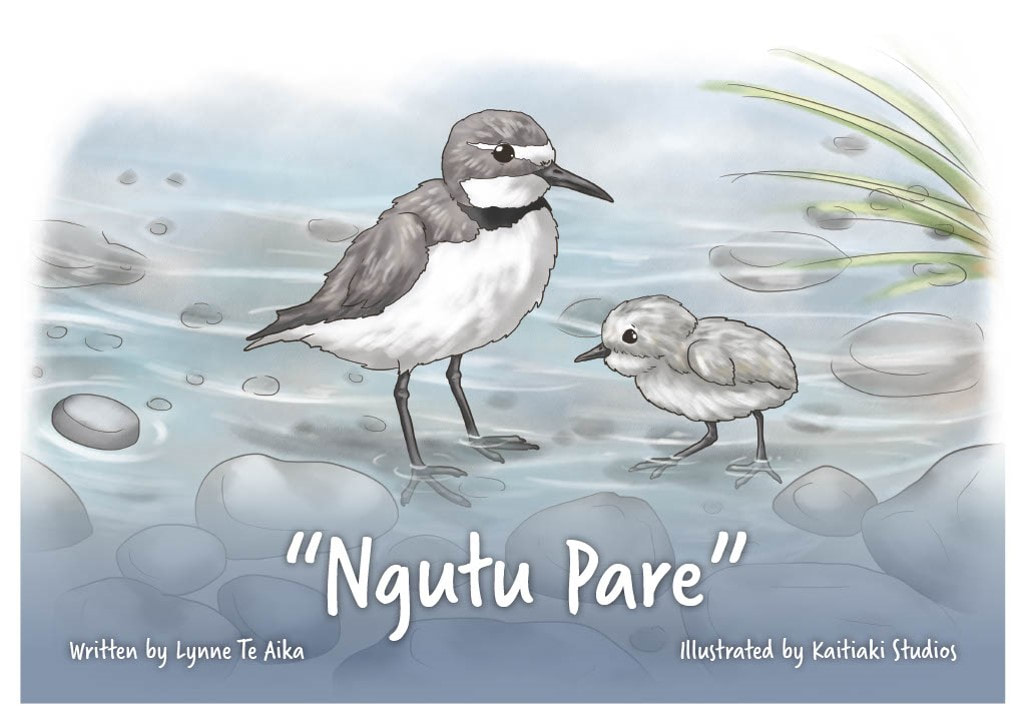
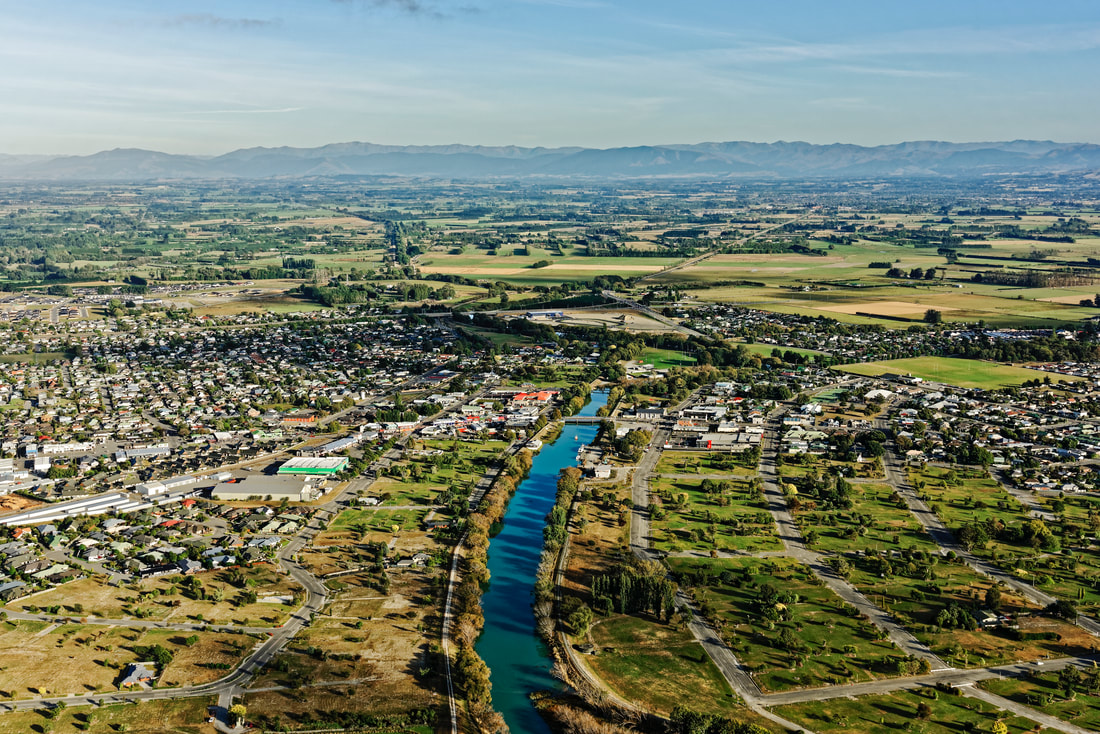
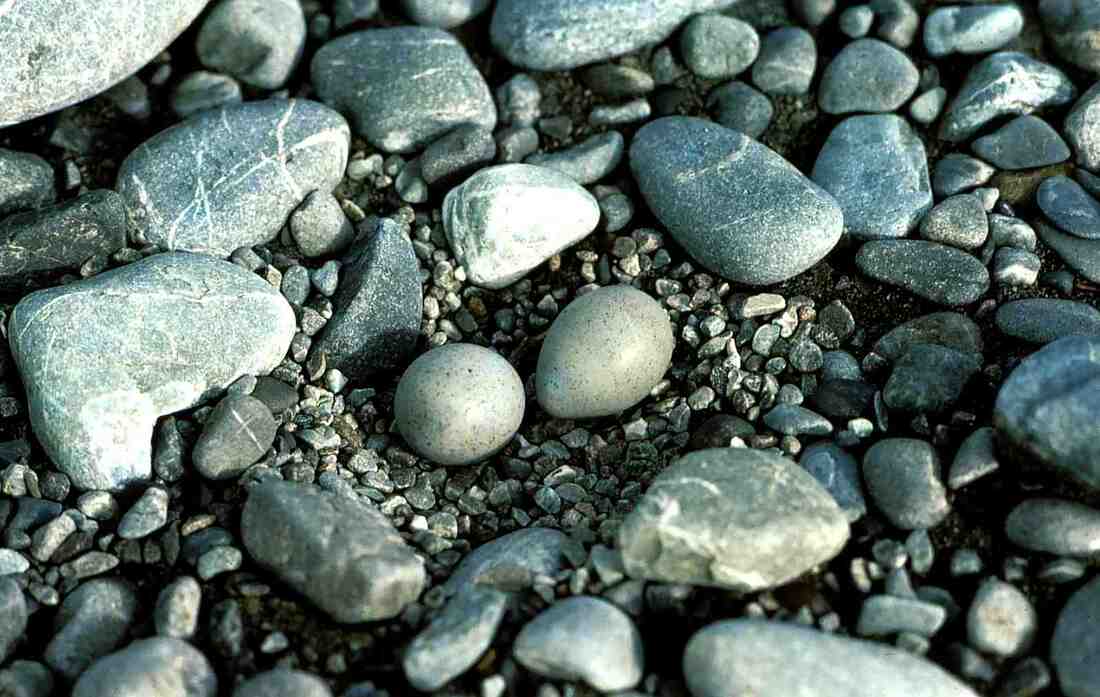
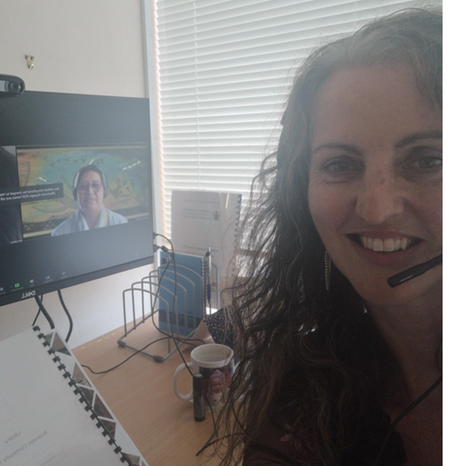


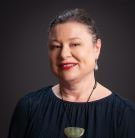

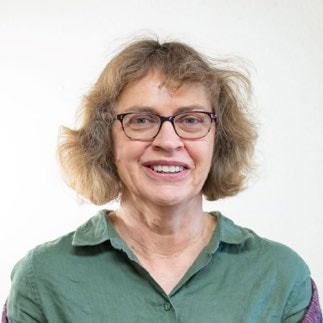
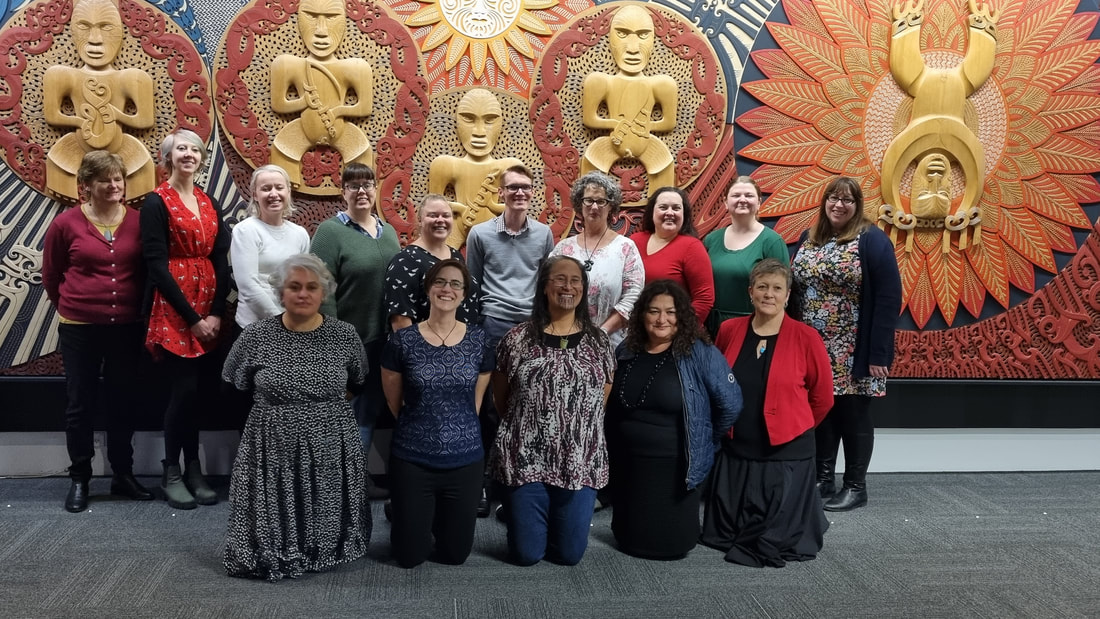

 RSS Feed
RSS Feed